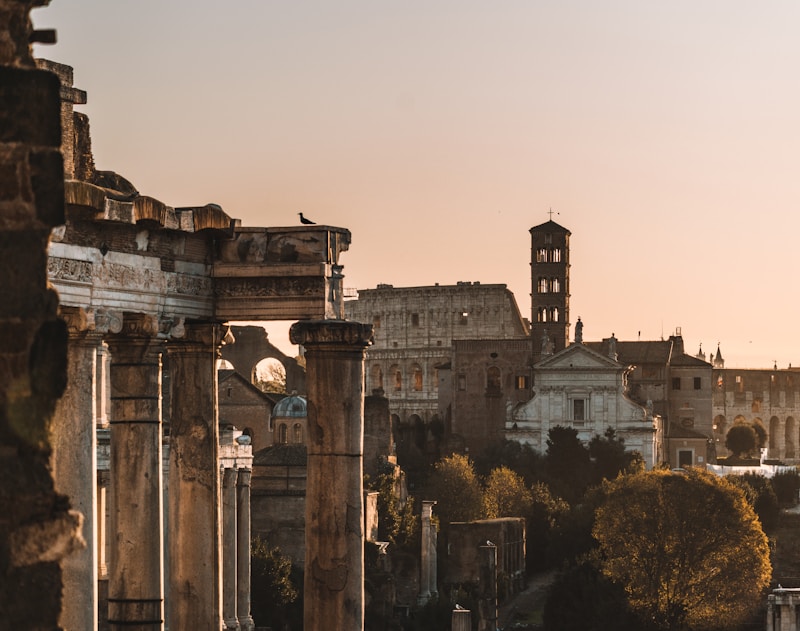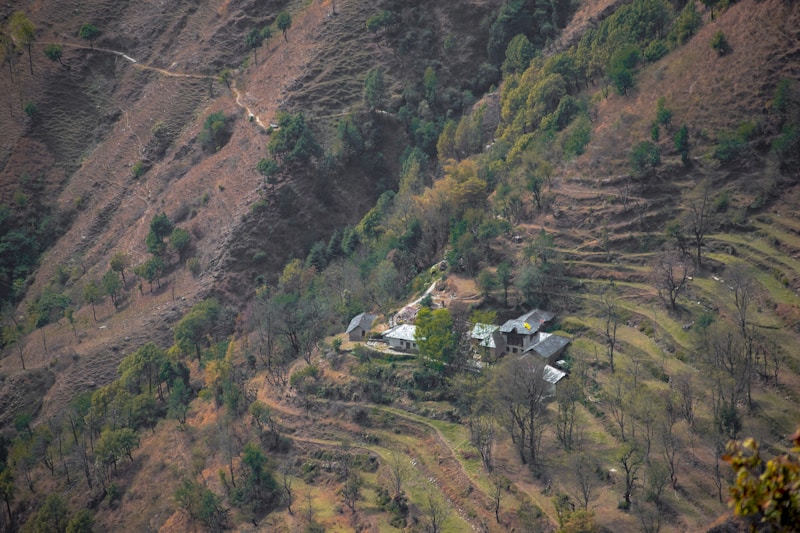8 Questions
What aspect of urban planning is mentioned in the text regarding the cities of the Indus Valley Civilization?
Standardized grid system
Which of the following artifacts were NOT mentioned as being found in the Indus Valley Civilization sites?
Metal weapons
What unique feature of the Indus Valley script is mentioned in the text?
It remains undeciphered
What characteristic of the Indus Valley people is highlighted in relation to trade?
Skill in trading with distant lands
What did the Indus Valley people barter for rare materials with distant regions?
Beads, pottery, and metal artifacts
What religious practice of the Indus Valley people suggests a belief in an afterlife?
Burying the dead with pottery and jewelry
What significant structures reflect the importance of water in the religious beliefs of the Indus Valley civilization?
Great bath at Harappa and its counterpart at Mohenjo-Daro
What are some debated factors that may have contributed to the decline of the Indus Valley Civilization?
Climate change, natural disasters, conflicts, and changes in trade routes
Study Notes
Discovering the Indus Valley Civilization: A Chapter in Ancient India's History
The Indus Valley Civilization, a pivotal moment in human history, shaped the landscape of modern-day Pakistan and northwestern India around 2600 to 1900 BCE. This flourishing era left us with a fascinating story, told through evidence of advanced urban planning, sophisticated trade networks, and intricate religious rituals.
A City-Centric Society
This civilization was a hub of urbanized living. Cities like Harappa and Mohenjo-Daro in Pakistan and Lothal, Dholavira, and Kalibangan in India were intricately planned, with a standardized grid system, well-organized drainage, and bathing complexes. The cities were architecturally diverse, featuring multi-story structures, some of which are the earliest known examples of sewage and sanitation.
A Wealth of Artifacts
Numerous artifacts have been unearthed, giving us a glimpse into the lives of the Indus Valley people. Pottery, jewelry, seals, bronzes, and other artifacts reveal their love for symmetrical patterns, intricate designs, and animal motifs.
A Fascinating Script
The Indus Valley script, unlike any other known civilization of that period, remains undeciphered. However, the use of a standardized system of weights and measures, seals with symbols, and inscriptions on pottery indicate the existence of a complex communication system.
Advanced Trade Networks
The Indus Valley people were adept at trading with distant lands. They bartered goods like beads, pottery, and metal artifacts in exchange for rare materials like lapis lazuli, carnelian, and turquoise from as far as Afghanistan, Iran, and Mesopotamia.
Religious Rituals and Beliefs
The Indus Valley people were deeply spiritual, as seen in their reverence for natural forces and animal deities. Their practice of burying the dead, with offerings of objects like pottery and jewelry, suggests a belief in an afterlife. The presence of a great bath at Harappa, and its counterpart at Mohenjo-Daro, indicate the importance of water in their religious beliefs.
Decline of the Indus Valley Civilization
The demise of the Indus Valley Civilization is still a subject of debate among scholars. Climate change, natural disasters, conflicts, and changes in trade routes are all potential factors that may have contributed to its decline.
The Indus Valley Civilization is a testament to the ingenuity and advancements of an ancient society. It is a fascinating chapter in the history of India and has inspired archaeologists and historians to piece together the puzzle of another civilization's way of life. Its legacy continues to captivate scholars and fascinate the world. do not contain relevant information for this topic.
Test your knowledge on the Indus Valley Civilization, a pivotal era in ancient India's history. Explore topics like urban planning, trade networks, artifacts, script, religious beliefs, and the decline of this fascinating civilization.
Make Your Own Quizzes and Flashcards
Convert your notes into interactive study material.




